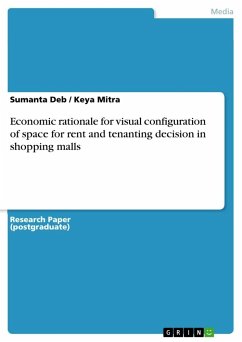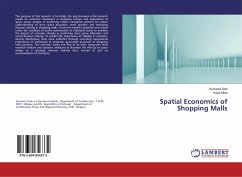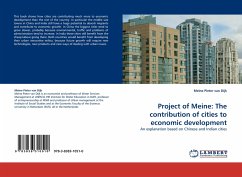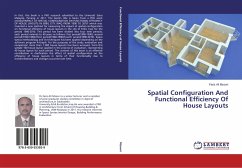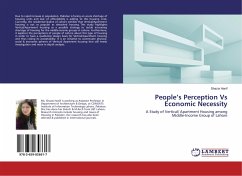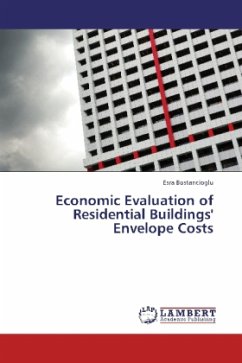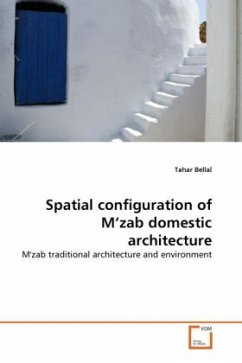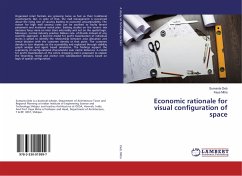
Economic rationale for visual configuration of space
Versandkostenfrei!
Versandfertig in 6-10 Tagen
33,99 €
inkl. MwSt.

PAYBACK Punkte
17 °P sammeln!
Organized retail formats are growing twice as fast as their traditional counterparts. But, in spite of that, the mall management is concerned about the rising rate of vacancy leading to economic unsustainability. The reason for high mall vacancy rates can be ascribed to faulty tenant placement and irrational rental plan. Existing studies on the tenant- mix decisions focus more on inter store externality and not on the spatial logic. Moreover, normal industry practice follows rule- of-thumb instead of any scientific approach. A bid-rent model for profit maximization of individual stores is solv...
Organized retail formats are growing twice as fast as their traditional counterparts. But, in spite of that, the mall management is concerned about the rising rate of vacancy leading to economic unsustainability. The reason for high mall vacancy rates can be ascribed to faulty tenant placement and irrational rental plan. Existing studies on the tenant- mix decisions focus more on inter store externality and not on the spatial logic. Moreover, normal industry practice follows rule- of-thumb instead of any scientific approach. A bid-rent model for profit maximization of individual stores is solved to identify the relationship between area allocation and rental decision with the customer density at that point. The customer density in turn depends on the accessibility and explained through visibility graph analysis and agent based simulation. The findings support the superiority of configurational characteristic over metric distances. A model for profit maximization of the entire shopping mall is proposed to explain the tenanting, rental and anchor rent subsidization decisions based on logic of spatial configuration.



